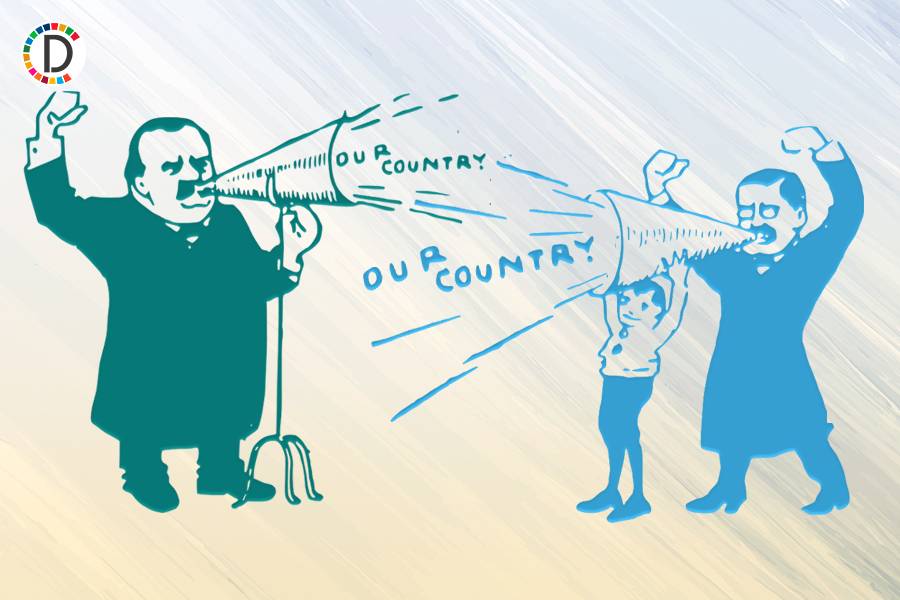Contested Narratives Surrounding Bangladesh's Victory Day
Bangladesh's Foreign Ministry emphasized on its nation's independence in 1971, in response to India's portrayal of its role. The ministry quoted a book by J N Dixit, discussing historical diplomatic ties. Criticisms arose over Indian claims of sole credit, with calls to recognize Bangladesh's contribution.

- Country:
- Bangladesh
The Foreign Ministry of Bangladesh has reiterated its stance on the nation's independence, emphasizing that India served as an ally, not the chief architect, during the liberation struggle of 1971. This assertion echoes recent remarks by a member of Bangladesh's interim government.
A post by the ministry on Facebook, quoting former Indian foreign secretary J N Dixit's book, highlights these diplomatic nuances. The book suggests that Bangladesh's representation at the surrender ceremony in 1971 could have been better managed to avoid early political misunderstandings.
Anti-Discrimination Student Movement leader Hasnat Abdullah criticized Indian Prime Minister Modi's portrayal of the events. He pointed out the need to maintain Bangladesh's narrative and sovereignty against India's claims of share in the historic victory.
(With inputs from agencies.)
- READ MORE ON:
- Bangladesh
- Victory Day
- India
- Liberation War
- J N Dixit
- Mujibur Rahman
- Modi
- Yunus
- sovereignty
- diplomacy
ALSO READ
Uttar Pradesh Deputy CM Criticizes Rahul Gandhi's Allegations Against PM Modi
Proteas Fortress: South Africa's Dominance at Narendra Modi Stadium
Rahul Gandhi Challenges PM Modi Over Controversial Indo-US Trade Deal
Kharge Accuses Modi of Yielding to US Pressure at Farmers' Rally
Kharge Accuses Modi of Trading India's Sovereignty Under U.S. Pressure










